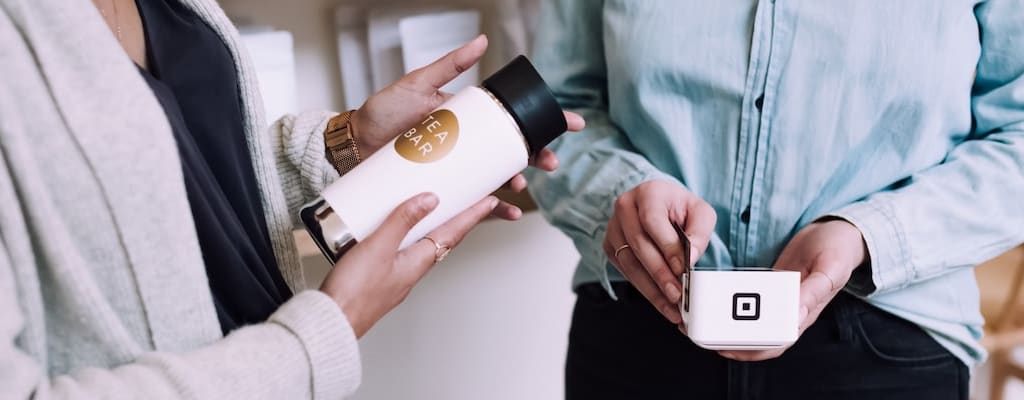pay a visit: Idiom Meaning and Origin
What does ‘pay a visit’ mean?
The idiom "pay a visit" means to go and see someone or something, usually for a short period of time, as a friendly or official visit.

Idiom Explorer
The idiom "take a look" means to examine or observe something briefly or quickly.
The idiom "pull up on" means to arrive or show up at a location, often unexpectedly or with a sense of urgency.
The idiom "pound the pavement" means to walk or travel on foot, especially in search of employment or to promote a cause.
The idiom "pop up" means to appear suddenly or unexpectedly. It can refer to ideas, thoughts, or physical objects that appear unexpectedly or without warning.
The idiom "pony up" means to pay or give money, especially when it is expected or demanded. It is often used in a casual or slightly aggressive way to urge someone to contribute their share or fulfill their financial obligation.
The idiom "play hooky" means to skip school or work without permission or a valid reason.
The idiom "play a part" means to have a role or contribute to a particular situation or outcome.
The idiom "pitch in" means to join in and help or contribute to a task or activity.
The idiom "pin money" refers to a small amount of extra money that is earned for personal use or personal expenses.
The idiom "pick up the tab" means to pay the bill or expenses for a group of people or oneself, often in a social or business setting.
A Surprise Encounter
The idiom "pay a visit" is a common expression in the English language, widely used in both spoken and written contexts. It has a straightforward and literal meaning, referring to the action of visiting or calling on someone.
One of the key aspects of this idiom is the verb "pay." In this context, "pay" implies a sense of obligation or duty, suggesting that the visit is not a casual or spontaneous one. Rather, it carries an undertone of formality or social expectation.
Furthermore, the word "visit" in the idiom "pay a visit" refers to the act of physically going to see someone. It implies an intention to spend time with the person being visited, engaging in conversation, sharing experiences, or simply being present.
When exploring the etymology of the idiom, it is worth noting that the word "visit" comes from the Latin word "visitare," meaning "to go to see, to visit." This Latin root provides historical context and emphasizes the notion of deliberately going to see someone.
In contemporary usage, the idiom "pay a visit" is commonly employed in various social, personal, and professional contexts. It can refer to visiting friends, family members, or acquaintances to catch up, offer support, or celebrate important events.
The idiom "flying visit" is related to "pay a visit" as it describes a visit that is short and quick. It implies that the visitor does not have much time to spend or linger. A "flying visit" can be characterized by its brevity and lack of an extended stay.
The idiom "drop in" is another related expression that shares similarities with "pay a visit." "Drop in" refers to an unplanned or spontaneous visit, where the visitor simply shows up without prior notice or invitation. This type of visit is often casual and informal, without a specific purpose or agenda.
Similarly, the idiom "make an appearance" is connected to "pay a visit" in that it highlights the act of showing up or attending an event or gathering. "Making an appearance" implies a sense of presence or participation, often to fulfill a social obligation or expectation. It can also carry connotations of making oneself known or being seen in a particular setting.
The idiom "pay a visit" encapsulates the act of intentionally going to see someone, suggesting an obligation, duty, or desire to maintain a connection. It reflects the importance of personal encounters, highlighting the value of spending time with others and fostering relationships. While the idiom may seem straightforward, it carries layers of meaning and social connotations, showcasing the complexity of language and its ability to convey human experiences and interactions.
Example usage
Examples of how the idiom "pay a visit" can be used in a sentence:
- She decided to pay a visit to her grandparents over the weekend.
- We should pay a visit to the museum while we're in town.
- The teacher encouraged students to pay a visit to the library to do some research.
More "Visiting" idioms
We missed the mark - nothing found.



